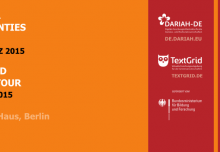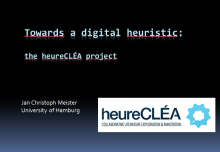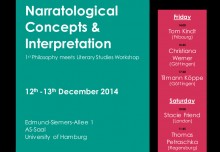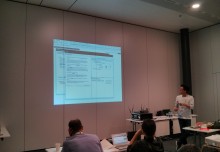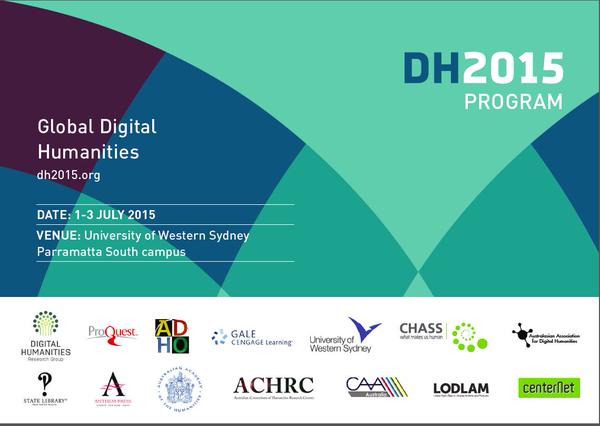
The heureCLÉA team presented a paper at the international Digital Humanities conference at the University of Western Sydney, Australia (29 June – 03 July 2015). Our message: DH collaborations are specifically well suited to provoke a rethinking of discipline-specific dogmas – an incredibly valuable “side effect” apart from the defined project goals.
The following tweets give an impression of how our talk was received.
best thing about crowdsourcing/collaboration is getting data that questions basic assumptions and validity of research questions #dh2015
— Rachel L Frick (@rlfrick) July 1, 2015
#dh2015 great presentation on the value of multidisciplinary approaches by members of http://t.co/enclkap1ZT
— Bridget Almas (@BridgetAlmas) July 1, 2015
'There's real polyvalance and then there are fuzzy concepts' #dh2015
— Tom Schofield (@tomschofield) July 1, 2015
Often in literary studies, every uncertainty is seen as polyvalence. It’s not – some is, but some is just fuzzy markup concepts #DH2015
— Mike Jones (@mikejonesmelb) July 1, 2015
CATMA es un programa con el que se busca dar solución al problema de las múltiples interpretaciones de un texto literario #dh2015
— Llámame Ficino (@epriani) July 1, 2015
Tension between dynamics of engagement and accademic dissent as knowledge problem but also as chance to balance out privileges #dh2015
— Arianna Ciula (@ariciula) July 1, 2015
Community input pushes against the research question… Our research, collections & history has and does not exist in a vacuum). #DH2015
— Louise Denoon (@Louisedenoon) July 1, 2015
.@janchrismeister on collaborative markup environment almost to elicit disagreement (also with oneself) #dh2015
— Arianna Ciula (@ariciula) July 1, 2015

